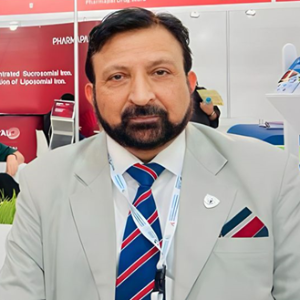Public Health and Global Nutrition
Public health and global nutrition are deeply intertwined, addressing the challenges of providing adequate nutrition in diverse populations worldwide. The interplay between food security, cultural dietary practices, and public health policies shapes nutritional outcomes across different regions. Addressing malnutrition in all its forms—undernutrition, micronutrient deficiencies, and obesity—requires innovative approaches, particularly in vulnerable populations such as children, pregnant women, and the elderly. Climate change and economic disparities further complicate the global food system, demanding sustainable solutions that prioritize equity. Technological advancements and data-driven strategies are empowering communities to monitor nutritional trends and implement impactful interventions. Collaborative frameworks among nations, researchers, and healthcare providers are essential to bridge the gaps and promote sustainable dietary patterns globally. By fostering awareness and implementing multi-sectoral approaches, significant strides can be made toward eradicating nutrition-related health disparities.

Tafere Gebreegziabher Belay
Central Washington University, United States
Jack Timothy Rogers
Harvard University, United States
Safiullah Pathan
Lincoln University of Missouri, United States
Mohammad Kamil
Lotus Holistic Institute, United Arab Emirates
Raffaella Conversano
University of Bari, Italy
Malgorzata Mizgier
Poznan University of Physical Education, Poland




Title : Nutrients and bioactive compounds of non-traditional green leafy vegetables: A natural path to better health
Safiullah Pathan, Lincoln University of Missouri, United States
Title : We are elastic: The color of hunger and food perception in borderline cognitive functioning
Raffaella Conversano, University of Bari, Italy
Title : Translation modulators to preserve neurodegenerative decline from metal toxicity
Jack Timothy Rogers, Harvard University, United States
Title : Assessment of a Metabolic Map (MM) in association with Metabolic Syndrome (MS)
Antonio Claudio Goulart Duarte, Medicine School of The Federal University of Rio de Janeiro, Brazil
Title : The software tools for FOP nutrition labelling
Vintila Iuliana, University ”Dunarea de Jos” Galati, Romania
Title : Risk factors for neural tube defects in conflict-impacted Tigray, Ethiopia: Findings from a case–control study
Tafere Gebreegziabher Belay, Central Washington University, United States